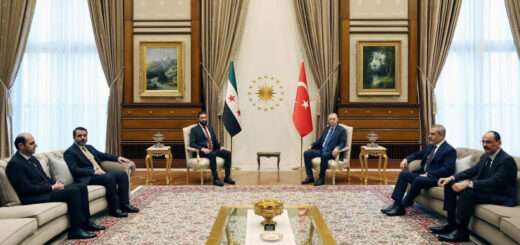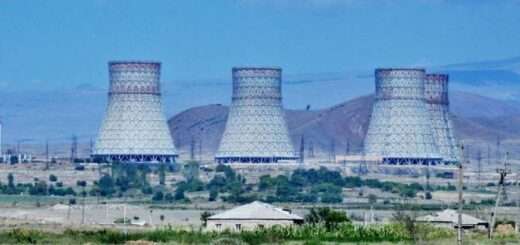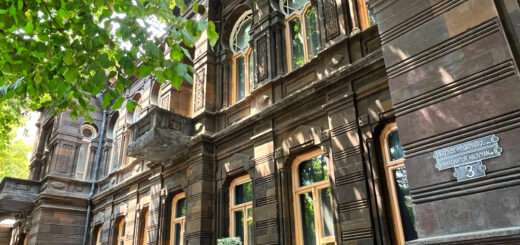Pashinyan Tells Moscow Yerevan Will Not Leave Eurasian Economic Union

Prime Minister Nikol Pashinyan reportedly told his Russian counterpart, Mikhail Mishustin, on Thursday that Yerevan does not intend to leave the Russia-led Eurasian Economic Union.
Pashinyan and Mishutin met on the margins of a climate summit Russian Altai region of Siberia. “During the meeting, the current state of Armenia-Russia relations was discussed. The sides touched upon the bilateral cooperation agenda, collaboration within the framework of the Eurasian Economic Union, as well as other issues of mutual interest,” Pashinyan’s office said in a brief statement after the meeting.
While the readouts from both offices broadly mentioned the topic of bi-lateral relations, Russia’s Deputy Prime Minister Alexei Overchuk called the meeting “very useful.”
“On the whole, Armenia — and today it was also discussed — is intent on continuing to work in the Eurasian Economic Union,” Overchuk told reporters.
Overchuk was responding to a reporter’s question regarding Armenia’s declared intentions to join the European Union, about which Overchuk has vocally declared Moscow’s opposition on several occasion in the past.
Overchuk and other Russian officials have said that Armenia cannot join the EU and remain a member of the EEU, as there are contradicting laws and regulations that govern those economic relations. Overchuk has warned Yerevan that Armenia and the Armenian people would suffer greatly in the event Armenia joins the EU.
“This is not about Pashinyan’s unwavering desire to join the EU,” Overchuk noted, repeating the wording of the reporter’s question, according to Tass.
“Of course, we are discussing matters of cooperation within the EEU. And from this perspective, we are paying attention to the decisions made by Armenia in the regulatory and legal sectors. There are some [Armenian] government actions that are raising questions for us,” Overchuk emphasized.
The Russian official said that some of the concerns stem from the varying regulations governing each entity.
“It’s about accepting food products certified according to the standards of the European Union, the United States of America, and other countries that do not comply with the certification of the Eurasian Economic Union. Of course, we have expressed concerns about such issues,” Overchuk said.
Overchuk said that during Pashinyan and Mishutsin, concerns were expressed about the decline of trade turnover between the two countries.
“We discussed the development of trade and economic cooperation with Armenian Prime Minister Nikol Vovayevich Pashinyan. Of course, we are concerned about the reduction in trade between the two countries. We discussed what needs to be done to improve the situation,” Overchuk added.





